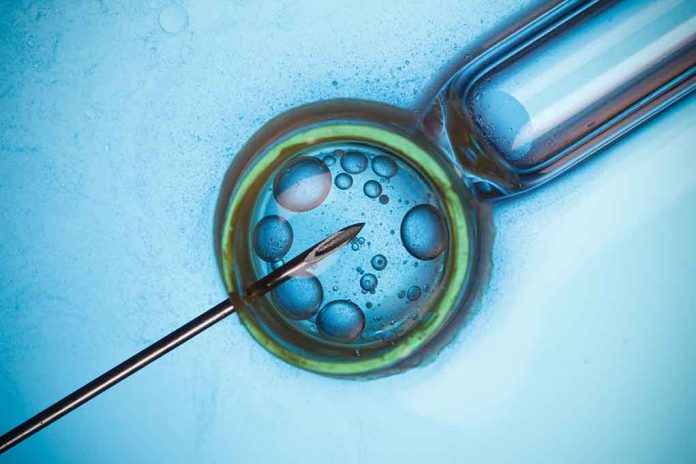
(NewsInsights.org) – The Alabama Supreme Court issued a decision on February 16 in a pair of cases declaring that pre-embryos stored by in vitro fertilization (IVF) clinic facilities qualify as “extrauterine children.” The ruling potentially makes IVF facilities liable for wrongful death charges for the destruction of any fertilized ova. Now, the state House and Senate are feverishly working on companion bills to contain the risks for IVF providers.
Following the ruling in LePage et al., v. The Center for Reproductive Medicine et al. and Burdick-Aysenne et al., v. The Center for Reproductive Medicine et al., lawmakers jumped to action to combat its unintended consequences. IVF providers in the state essentially suspended their services after the opinion, concerned about facing litigation or criminal charges.
Previously, the state classified pre-embryos as property. By Alabama law, caps exist for losses on property. However, those limits don’t apply to wrongful death cases, potentially opening IVF providers to financial calamity.
To remedy the issue and support the continuation of IVF services in Alabama, state Senator Tim Melson (R) submitted Senate Bill 159, proposing criminal and civil immunity for individuals and companies providing IVF goods and services except for intentional acts or omissions unrelated to those services. Moreover, in the typical course of providing IVF services, facility personnel and the companies that operate them would have legal immunity from lawsuits.
Hoping to fast-track the legislation, state Representative Terri Collins (R) submitted a companion bill, HB 237, in the House using essentially the same language. The sponsors hope to move their legislation through the respective House and Senate Health Committees toward a vote.
The cases stemmed from three sets of parents who sued for wrongful death in a lower court after an unauthorized patient gained access to a cryo-containment unit and opened one of the preservation tanks, filled with liquid nitrogen, to grab several pre-embryos. The freezing liquid severely burned the patient’s hand, causing them to drop the fertilized ova on the floor, destroying them, according to Johns Hopkins.
The lower court ruled that, as property, the parents could not sue for the wrongful death of the pre-embryos. The parents appealed, and the high court reversed the lower court’s decision regarding whether the parents could pursue their suit. The decision didn’t affect the legality of IVF in the state, but providers suspended services to reevaluate legal risks to patients and personnel.
Copyright 2024, NewsInsights.org

















